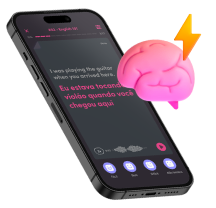Aprenda novos phrasal verbs enquanto duas amigas conversam no telefone sobre um problema que uma delas está enfrentando

Descubra porque mentir nunca é uma boa ideia neste episódio de Walk ‘n’ Talk Level Up!
Navegue pelo conteúdo
Hello, everyone! How are you doing? Seja muito bem-vindo(a) a mais um episódio do Walk ‘n’ Talk Level Up!
Hoje, você vai ouvir um diálogo super divertido entre duas amigas conversando ao telefone. O assunto? Uma mentirinha inocente que virou um problemão! Esse é o tipo de situação perfeita para aprender como expressar surpresa, pedir ajuda e reagir em inglês — usando phrasal verbs e expressões bem comuns no dia a dia.
Não se esqueça de repetir todas as frases em voz alta com a teacher Liv para treinar sua pronúncia. E depois, confira a expansão de vocabulário e os exercícios para praticar o que aprendeu!
Let’s go!
Diálogo
Katie: Oh, thank goodness you picked up!
(Ai, graças a Deus que você atendeu!)
Maddie: Why? What’s wrong?
(Por quê? O que aconteceu?)
Katie: My in-laws are coming over and I need your help!
(Meus sogros vão vir aqui em casa e eu preciso da sua ajuda!)
Maddie: With what? They’re your in-laws.
(Com o quê? Eles são seus sogros.)
Katie: I know, but when we met I wanted to impress them, so I told them I was a great cook and now they want to try my food.
(Eu sei, mas quando nos conhecemos eu queria impressioná-los, então disse que cozinhava super bem e agora eles querem provar minha comida.)
Maddie: Have you lost your mind? I’ve seen you burn water before!
(Você ficou louca? Eu já te vi queimar água!)
Katie: I know, and that’s where you come in. I need the recipe for your delicious pot roast.
(Eu sei, e é aí que você entra. Preciso da receita do seu delicioso assado.)
Maddie: Sorry, Katie. I can’t give you the recipe, because I don’t have one.
(Desculpa, Katie. Não posso te passar a receita porque… eu não tenho nenhuma.)
Katie: What’s that now?
(Como é que é?)
Maddie: I just eyeball it!
(Eu só faço no olho!)
Expansão de Vocabulário
| Inglês | Português | Exemplo em inglês | Tradução em português |
|---|---|---|---|
| Pick up | Atender o telefone / pegar algo | Why did it take you so long to pick up the phone? | Por que você demorou tanto para atender o telefone? |
| Come over | Vir até a casa de alguém | My parents will come over for dinner. | Meus pais vão vir aqui para o jantar. |
| In-laws | Parentes por afinidade (família do cônjuge) | My in-laws are coming over. | Meus sogros vão vir aqui. |
| Lose your mind | Ficar louco / perder o controle | Have you lost your mind? | Você ficou louca(o)? |
| Eyeball | Medir no olho / improvisar medidas | I don’t use a recipe. I just eyeball it. | Eu não uso receita. Eu só vou no olho. |
| Pot roast | Carne assada na panela (prato típico) | This is the best pot roast I’ve ever had. | Esse é o melhor assado que já comi. |
Exercícios para praticar
1️⃣ Traduza as frases abaixo para o inglês:
a) Meus sogros vão vir jantar hoje.
b) Você ficou louco? Isso não vai dar certo!
2️⃣ Complete a frase com o vocabulário aprendido:
-
I don’t use a recipe when I cook. I just __________ it.
-
She was so stressed she almost __________.
3️⃣ Crie uma frase usando “come over”:
(Resposta livre)
Respostas
1️⃣
a) My in-laws are coming over for dinner today.
b) Have you lost your mind? This won’t work!
2️⃣
-
I don’t use a recipe when I cook. I just eyeball it.
-
She was so stressed she almost lost her mind.
3️⃣
(Resposta livre)
Gostou do episódio? Continue sua jornada no idioma e confira nosso curso de inglês completo para se aprofundar ainda mais! 📚
Bye bye!
Fluency Inglês
Playlist





















































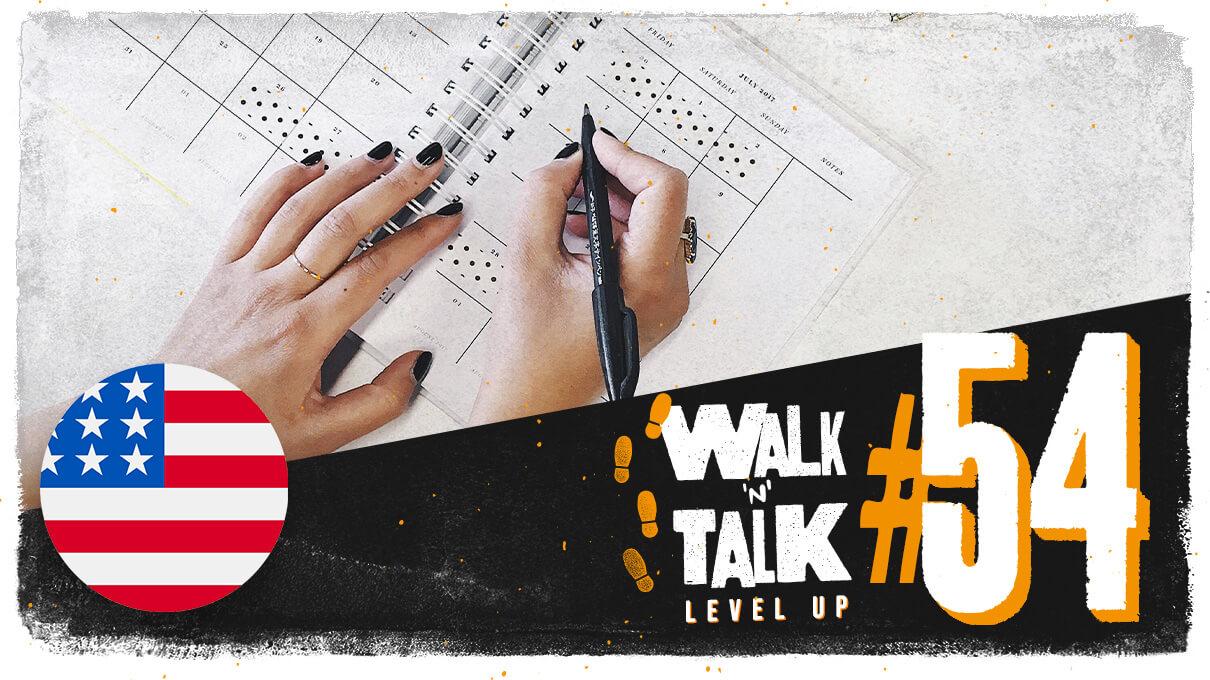









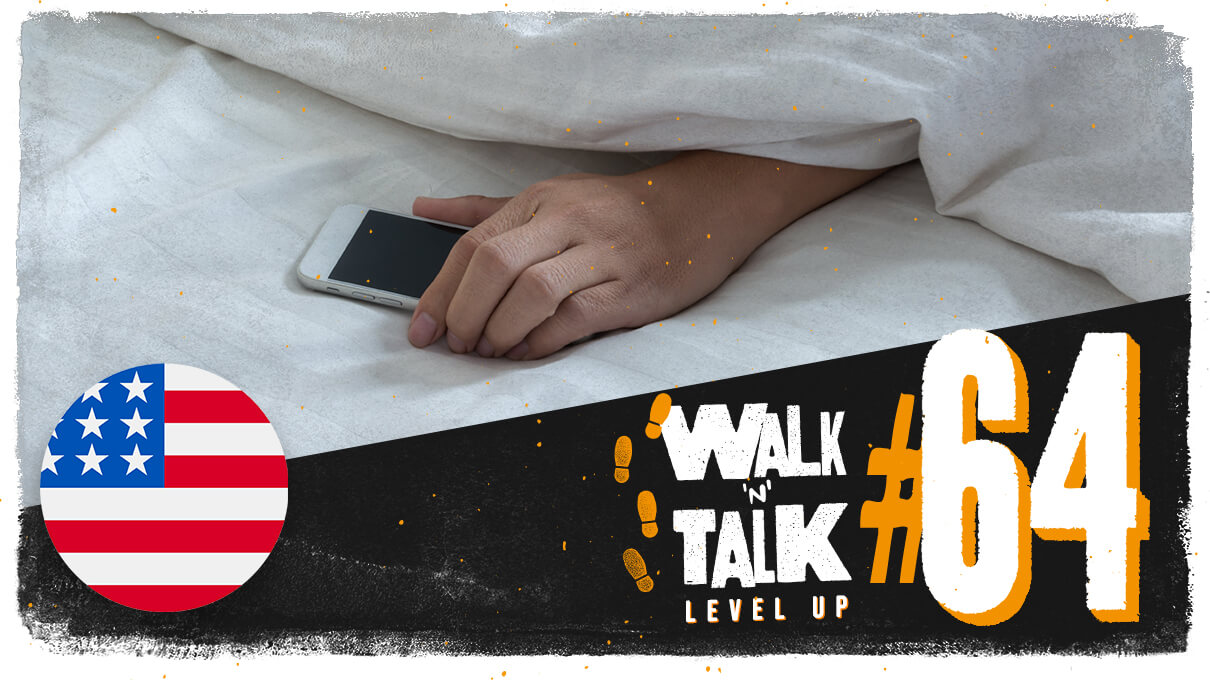





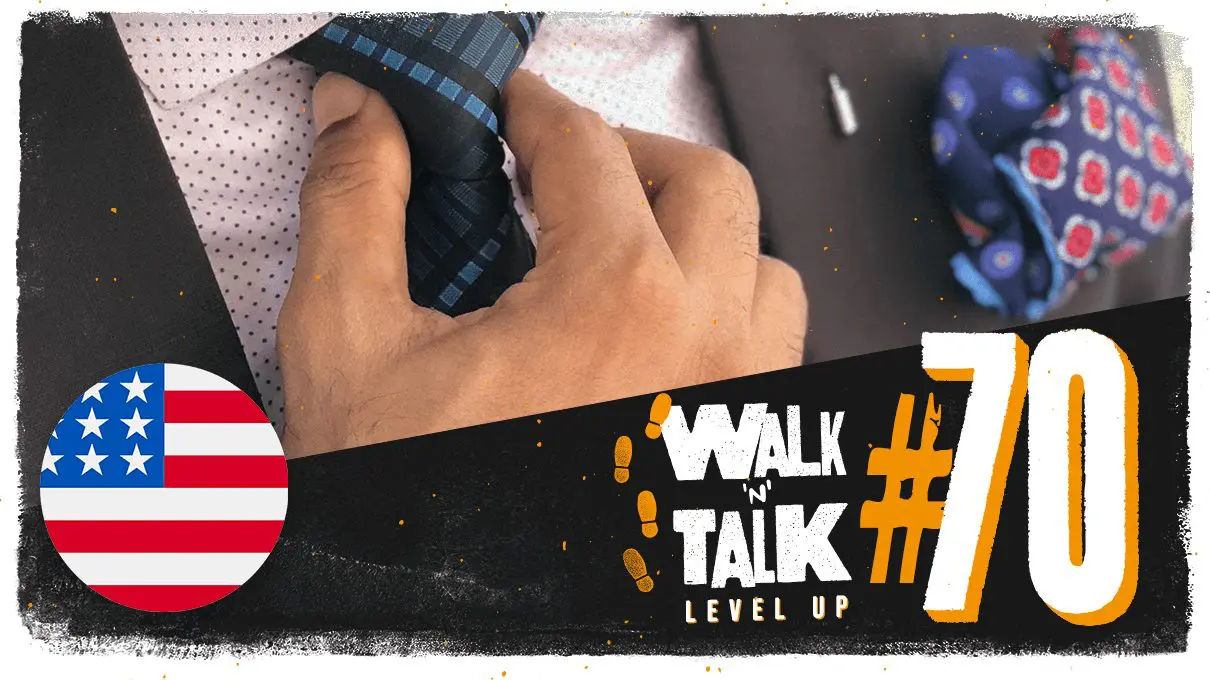
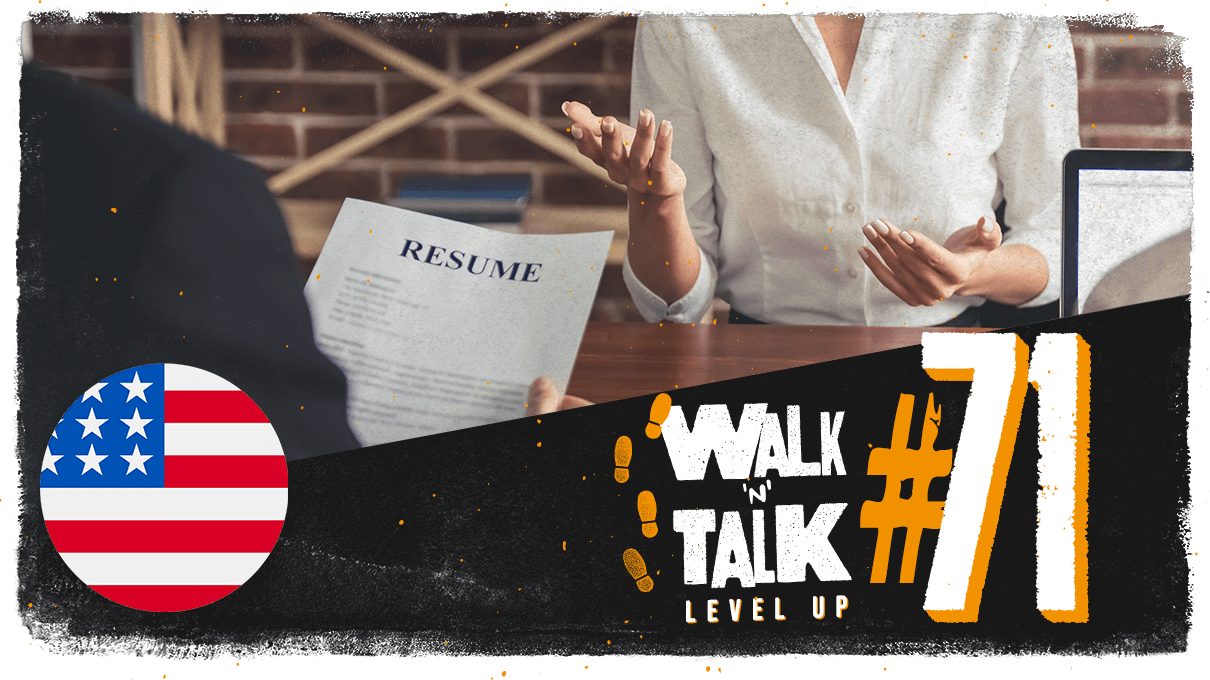














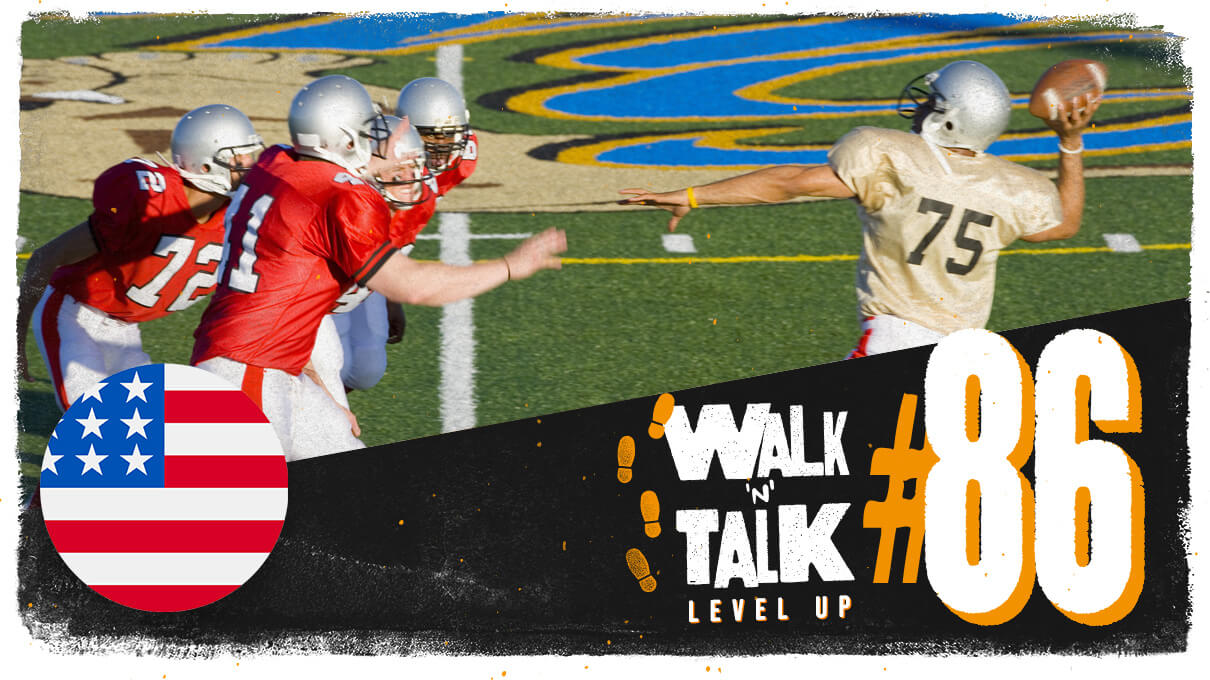





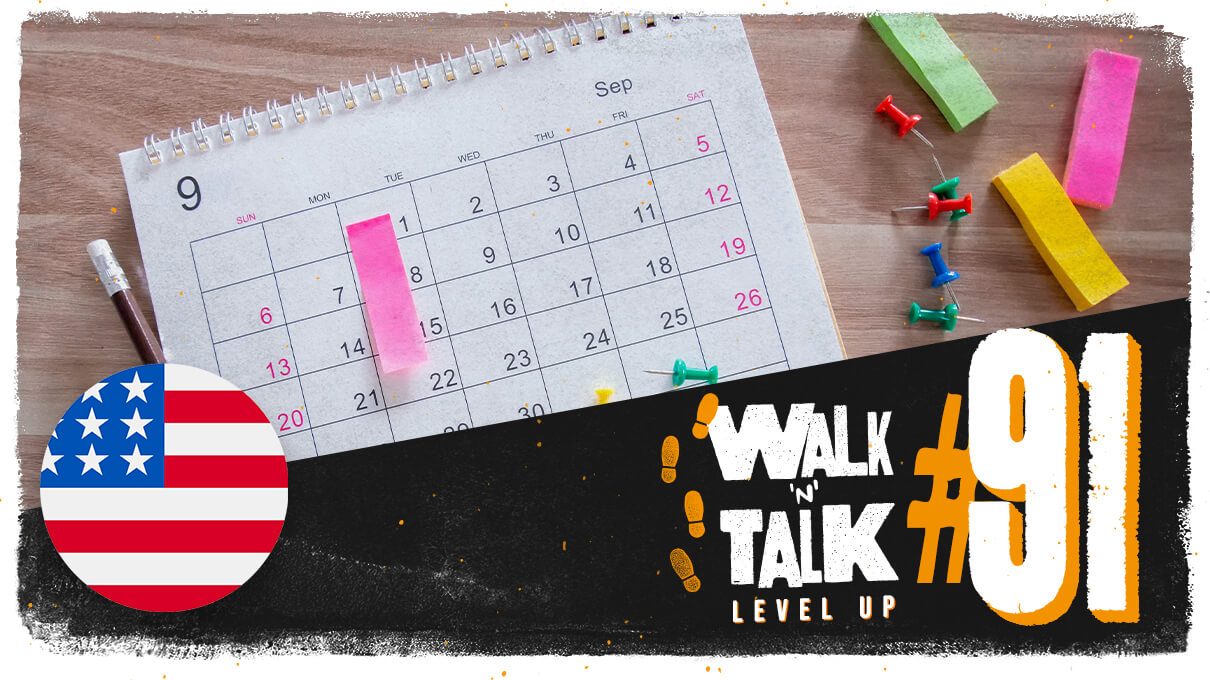
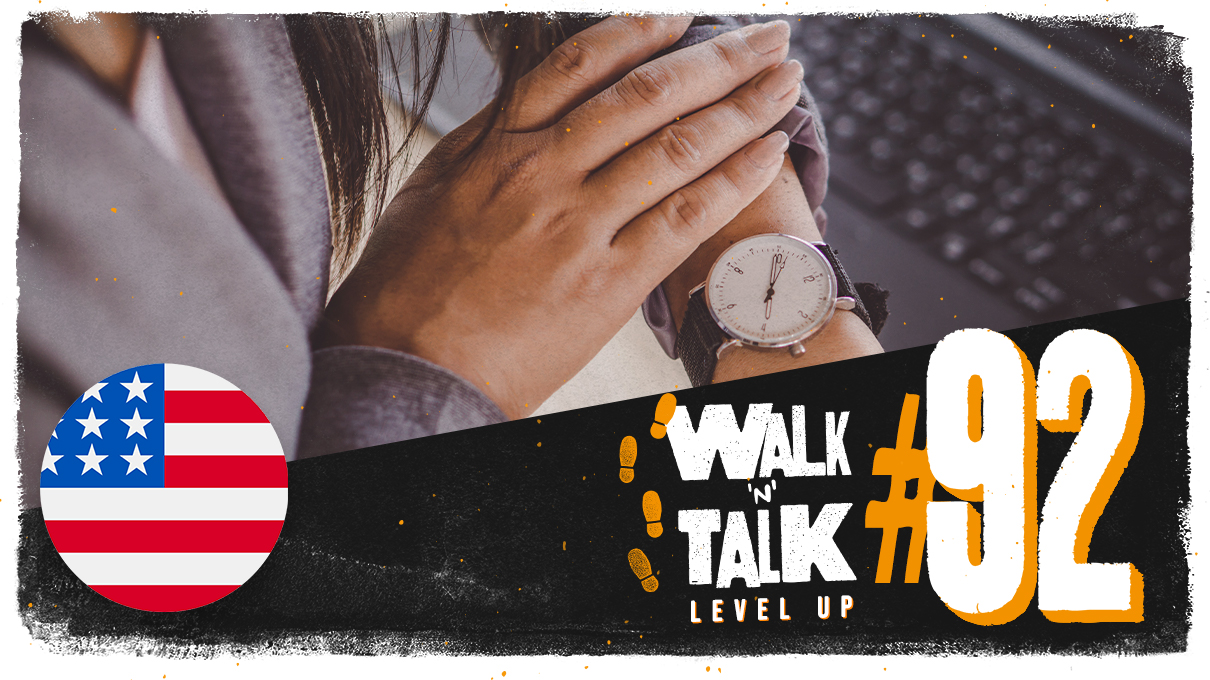
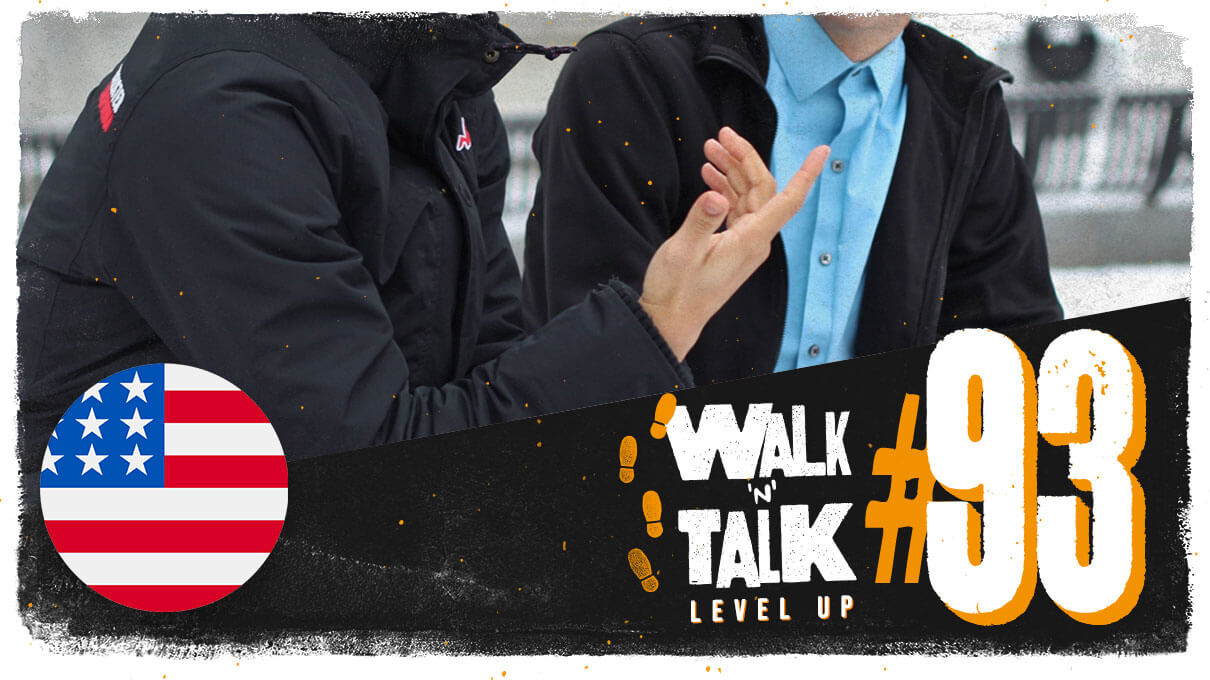
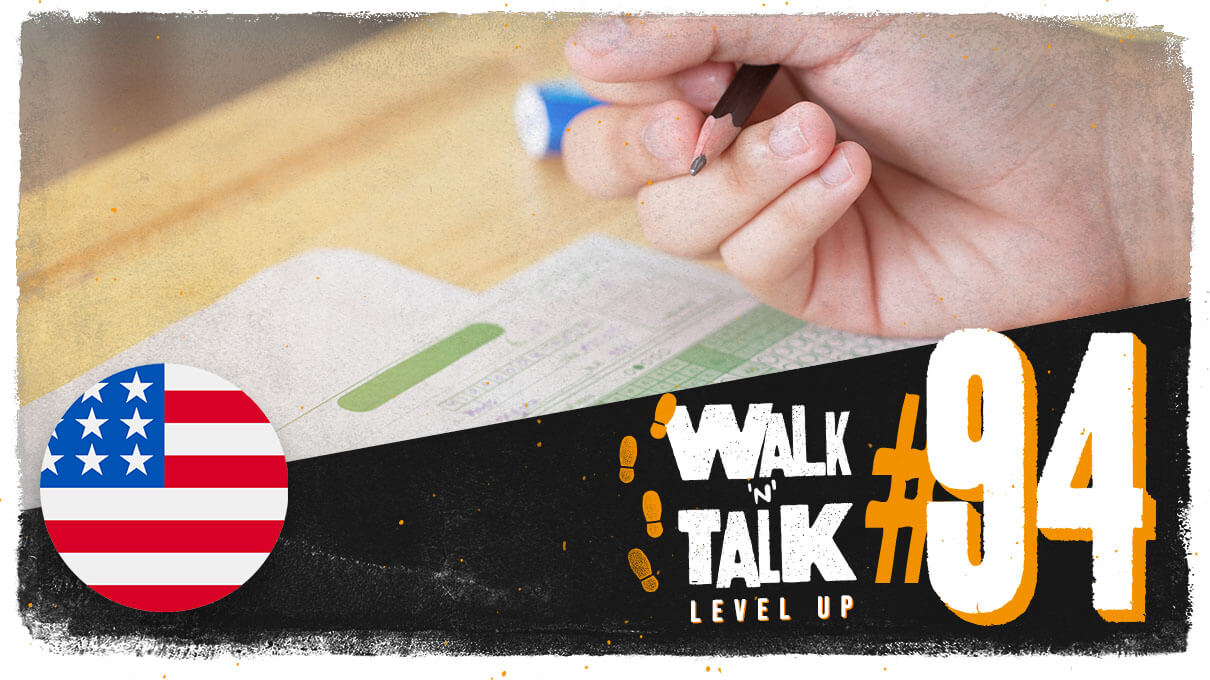









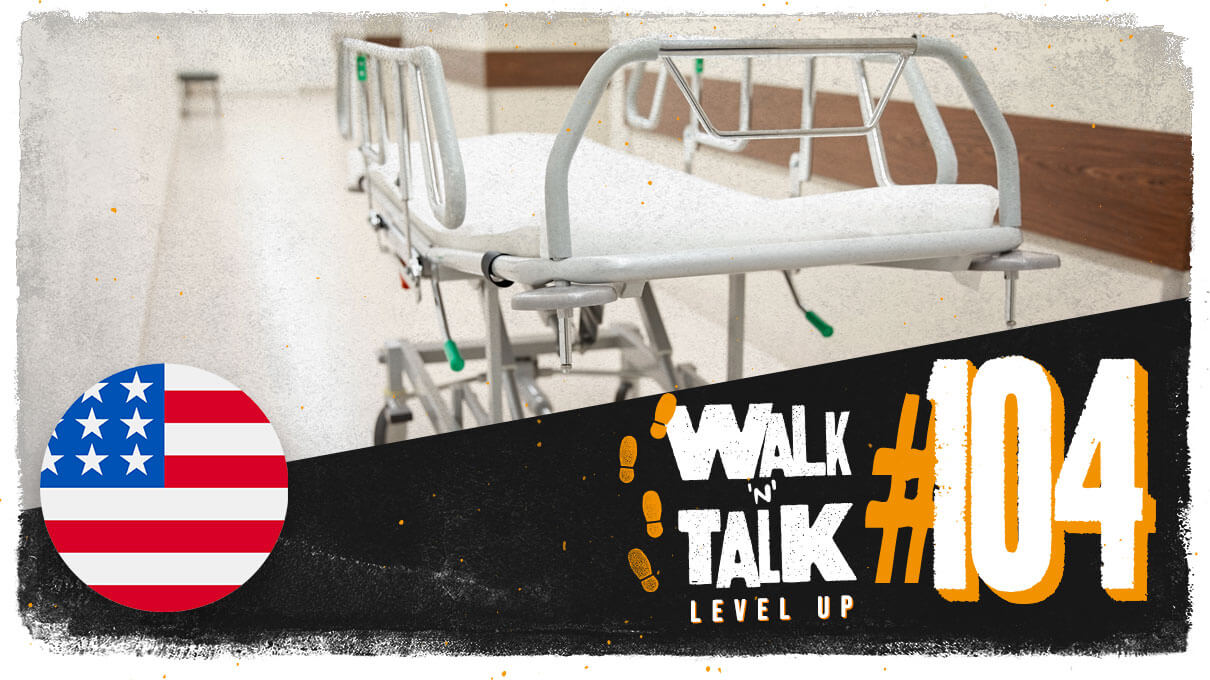























 Curso de Inglês
Curso de Inglês
 Curso de Espanhol
Curso de Espanhol
 Curso de Francês
Curso de Francês
 Curso de Mandarim
Curso de Mandarim
 Curso de Italiano
Curso de Italiano
 Curso de Japonês
Curso de Japonês
 Curso de Alemão
Curso de Alemão
 Curso de Coreano
Curso de Coreano







 Blog
Blog  Podcast
Podcast  Lives
Lives  Aulas
Aulas  eBooks
eBooks  Minicursos
Minicursos





